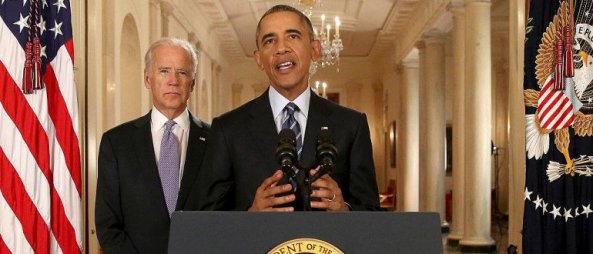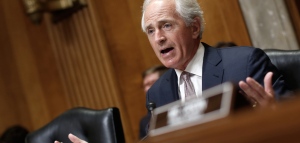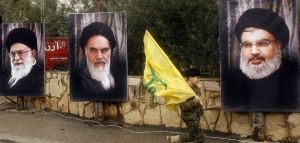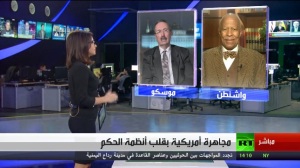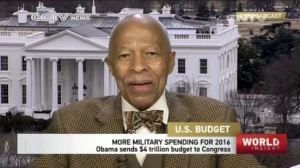 “I am a Marxist Leninist and I will be one until the last day of my life.” — Fidel Castro, January, 1967.
“I am a Marxist Leninist and I will be one until the last day of my life.” — Fidel Castro, January, 1967.
“[As] Comrade Fidel [Castro] stated, we have] the willingness to discuss and solve our differences without renouncing any of our principles.” — Raúl Castro, December, 2014.
The 114th Congress finds Republicans in command of the House and Senate for the first time in eight years. When it convenes, its agenda will inevitably include how to deal with Cuba and Iran — two sides of the same coin of a foreign policy of giving up too much too soon in the Obama administration’s negotiations. A bipartisan consensus is emerging critical of trying to moderate rogue regimes, and that it is necessary to take a tougher negotiating approach with such regimes.
Cuba
Although the wording is different, the remarks above suggest Raúl is a Marxist Leninist like his brother, and intends to keep Cuba as a communist state. President Barack Obama, however, is seemingly betting that normalization of relations will lead it to become a constitutional democracy with improvements in the prison and detention centers, arbitrary arrests and detentions, police and security apparatus, arrest procedures and treatment of detainees, and fair public trials, which were all listed as being denied by Havana in the State Department’s Human Rights Report for Cuba.
Instead of holding out for some of these requirements in secret talks, Obama has gambled that opening up Cuba to talks with the United States would change the nature of the regime: Either the Castro brothers will have an epiphany or moderates will emerge to prevail over the current leaders. In the context of economic woes facing Havana, Washington could have used that leverage to squeeze Havana on human rights for the Cuban people as a condition for normalization, as our Shadow colleague Will Inboden has written.
In a July 2014 visit to Cuba, Russian President Vladimir Putin agreed to write off $32 billion in Cuban debt to Russia. However, it was prior to the precipitous plunge in the ruble, and Moscow has other problems on its plate: The price of crude oil fell from about $100 during Putin’s visit tobelow $50 per barrel on Jan. 6.
Havana’s ally Venezuela has also been hit by the same falling oil prices and is unlikely to increase aid. Caracas now provides subsidized oil supplies to Cuba, but political changes may result in less assistance. Havana’s bilateral trade in goods and services amounted to some 21 percent of Cuba’s GDP in 2012 — only 4 percent of Venezuela’s GDP. There is a failure of Team Obama to take advantage of the strong negotiating position of the United States in view of the worldwide economic situation and to take seriously the rhetoric of revolutionaries.
Obama’s search for a moderate government in Havana recalls similar behavior of President Eisenhower; his State Department also played down revolutionary rhetoric. But Eisenhower corrected his policy toward Cuba shortly after Castro’s fiery words were matched by his deeds.
About a week after the fall of pro-American Fulgencio Batista in Cuba, U.S. officials recognized the new interim government. Fidel Castro’s rebel army helped overthrow Batista but the State Department believed Washington could work with new “moderates” in the provisional government and protect American interests in Cuba. Although some nations extended recognition, outreach by the United States was a critical signal the West could do business with Prime Minister Fidel Castro, the real power behind the interim government; Castro later became president and engaged Moscow instead of Washington.
To continue reading please go to:
